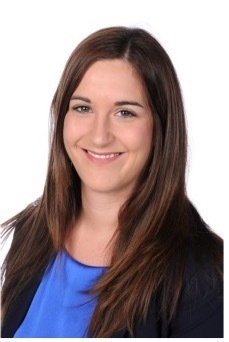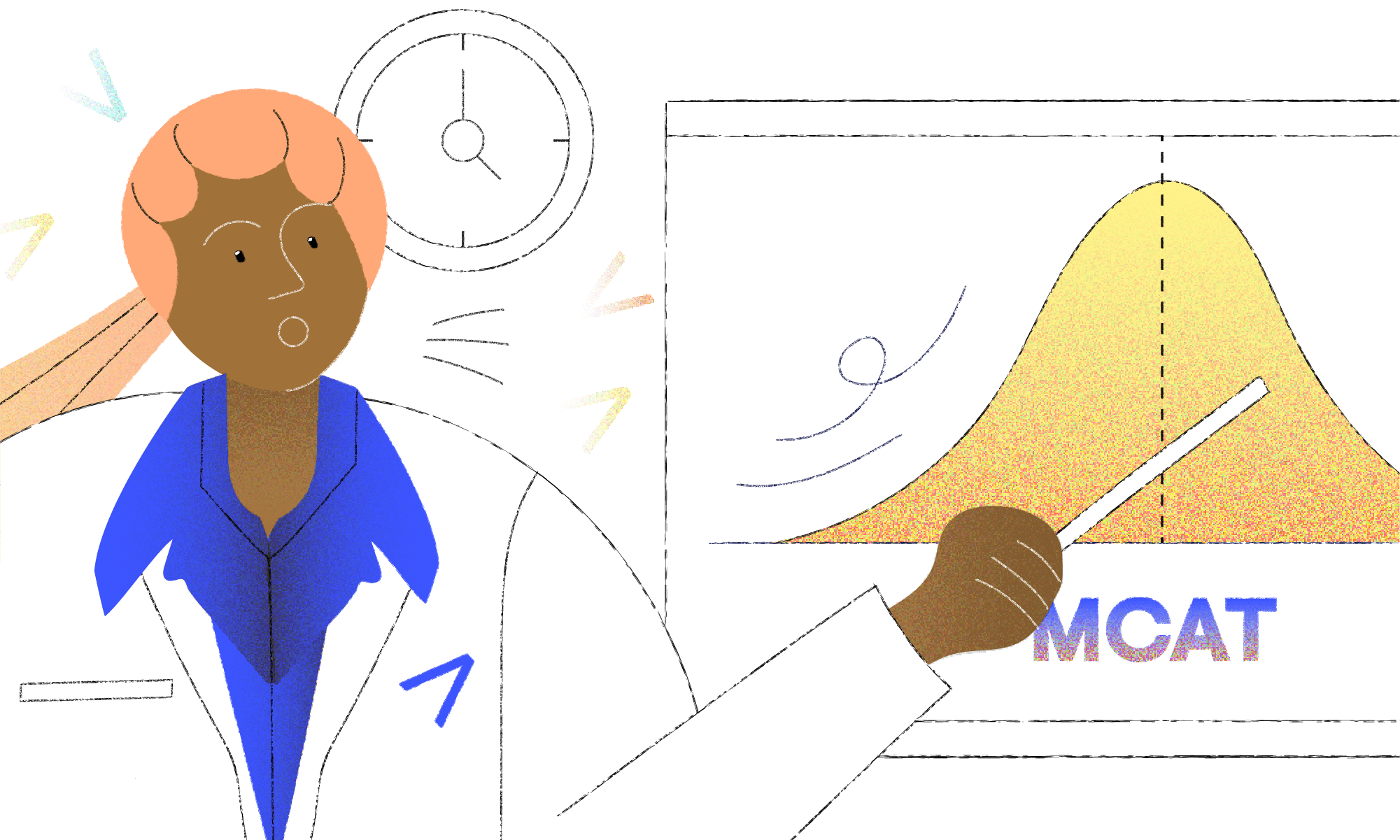Northwestern University Feinberg School of Medicine (Chicago, IL)

Rebecca Nolan
Group Content Manager
Discover a world-class medical education at Northwestern University Feinberg School of Medicine in Chicago. With exceptional student life and extracurricular activities, this highly-ranked institution offers a dynamic and fulfilling learning experience.

About
Northwestern University Feinberg School of Medicine is a private medical school in Chicago, Illinois. It is a highly-ranked medical school that has been accredited by the Liaison Committee on Medical Education (LCME) since 1942. The school is also affiliated with several teaching hospitals, including Northwestern Memorial Hospital, Ann & Robert H. Lurie Children’s Hospital of Chicago, and the Jesse Brown VA Medical Center.
Medical Programs Offered
Feinberg School of Medicine offers a Doctor of Medicine (MD) program, which takes four years to complete. The curriculum is in two phases: Phase 1 focuses on foundational science and clinical skills, while Phase 2 focuses on clinical rotations and advanced clinical skills. In addition to the MD program, the school also offers several dual degree programs, such as MD/PhD and MD/MPH.
Teaching and Curriculum
The Feinberg School of Medicine at Northwestern University offers a comprehensive MD curriculum that prepares students to become leaders in medicine. The curriculum provides students with a strong foundation in the basic sciences and clinical medicine, as well as training in communication, teamwork, and professionalism.
The MD Curriculum at Feinberg School of Medicine is divided into four phases:
Phase 1: Foundations of Medicine (18 months)
The first phase of the curriculum focuses on building a strong foundation in the basic sciences and clinical medicine. During this phase, students take courses in anatomy, biochemistry, physiology, pharmacology, immunology, and microbiology. In addition to classroom instruction, students also participate in small group discussions, laboratory sessions, and clinical experiences.
Phase 2: Clinical Clerkships (12 months)
The second phase of the curriculum is focused on clinical training. During this phase, students rotate through a variety of clinical settings, including internal medicine, surgery, pediatrics, obstetrics and gynecology, psychiatry, and neurology. Students work closely with attending physicians and residents to gain hands-on experience in patient care.
Phase 3: Advanced Clinical Clerkships (6 months)
The third phase of the curriculum allows students to specialize in their area of interest. Students can choose from a variety of advanced clinical clerkships, including cardiology, dermatology, emergency medicine, gastroenterology, hematology/oncology, infectious diseases, nephrology, pulmonology, and rheumatology.
Phase 4: Transition to Residency (6 months)
The final phase of the curriculum focuses on preparing students for residency. During this phase, students participate in a variety of elective courses and clinical experiences designed to refine their skills and prepare them for their chosen specialty. In addition, students receive guidance on the residency application process and participate in mock residency interviews.
Throughout the MD Curriculum, students also participate in interprofessional education activities. These activities help students develop the skills necessary to work effectively as part of an interprofessional team.
Overall, the MD Curriculum at Feinberg School of Medicine provides students with a well-rounded education that prepares them for a successful career in medicine. With a focus on hands-on clinical training, interprofessional education, and professionalism, the curriculum at the schoolsets students up for success in whatever area of medicine they choose to pursue.

Admissions Requirements
To apply to Feinberg School of Medicine, applicants must have completed a bachelor’s degree from an accredited college or university. They must also have completed the following prerequisite courses: one year of biology, one year of general chemistry, one year of organic chemistry, and one year of physics. Additionally, applicants must submit their MCAT scores, which should be at least 510. The school also requires applicants to participate in an interview process, which is conducted on a rolling basis.
| Average GPA | Average MCAT | Applicants | Class Size |
| 3.9 | 5.19 | 8,229 | 162 |
Student Life
Feinberg School of Medicine offers a vibrant and diverse student life. Students have access to a variety of extracurricular activities, such as interest groups, volunteer opportunities, and student organizations. These activities provide students with opportunities to pursue their interests, develop their leadership skills, and engage with the community.
Extracurricular Activities
Feinberg School of Medicine offers a wide range of extracurricular activities, including interest groups in specialties such as surgery, pediatrics, and emergency medicine, as well as groups focused on global health, medical ethics, and social justice. The school also has several student-run clinics that provide care to underserved populations in the Chicago area.
Student Accommodation
Feinberg School of Medicine does not have on-campus housing, but students can choose to live in nearby neighborhoods such as Streeterville, River North, or Lakeview. These areas offer a variety of housing options, including apartments, condos, and townhouses.
About the University
Key Information
Website: https://www.feinberg.northwestern.edu/
Email: [email protected]
Phone number: (312) 503-8206
Course Information
Courses Offered: Doctor of Medicine (MD), dual degree programs (MD/PhD, MD/MPH, etc.)
Course length: 4 years
Graduate Entry: No
Tuition fees: The tuition for Feinberg School of Medicine is $68,652 per year for the MD program. Dual degree programs may have different tuition rates.
FAQs
How hard is it to get into Northwestern University Feinberg School of Medicine?
This is a highly competitive medical school, with an acceptance rate of 3.3% for the class of 2026. In 2022, the school received over 10,000 applications for just 165 spots.
What is the teaching style for the MD program at Northwestern University Feinberg School of Medicine?
It uses a case-based and patient-centered learning approach, which integrates basic science and clinical practice. The curriculum is designed to provide students with hands-on clinical experiences early in their training.
What do admissions officers look for in applications?
Admissions officers at the school look for applicants with a strong academic record, demonstrated leadership skills, and a passion for medicine. They also consider an applicant’s research experience, community service, and personal qualities, including their ability to communicate effectively and work collaboratively.
What is the application process like for Northwestern University Feinberg School of Medicine, and what do students need to submit?
The application process involves submitting an online application through the American Medical College Application Service (AMCAS), which includes academic transcripts, letters of recommendation, a personal statement, and MCAT scores. Applicants who are selected for an interview will also be required to submit a secondary application.
What work experience does Northwestern University Feinberg School of Medicine look for in applicants?
Northwestern University Feinberg School of Medicine values applicants with a range of experiences and backgrounds, including clinical experience, research experience, and community service. The school also looks for applicants who have demonstrated leadership and teamwork skills.
What support services are available to students?
Northwestern University Feinberg School of Medicine offers a variety of support services to its students, including academic advising, career counseling, mental health services, and financial aid. The school also provides opportunities for research and clinical experiences through its affiliated hospitals and research centers.
What is the interview process like for Northwestern University Feinberg School of Medicine?
The interview process for Northwestern University Feinberg School of Medicine typically consists of two interviews: one with a faculty member and one with a current medical student. Interviews are conducted in a traditional, in-person format, and may include questions about the applicant’s academic and personal background, experiences in the medical field, and their motivation for pursuing a career in medicine.
What are some tips for preparing for the interview at Northwestern University Feinberg School of Medicine?
To prepare for the interview at Northwestern University Feinberg School of Medicine, applicants should research the school’s curriculum and culture, practice answering common interview questions, and be prepared to discuss their experiences and motivations for pursuing a career in medicine. It is also important to dress professionally, arrive on time, and be prepared to ask questions about the school and its programs.
How long does the interview process take, and when can applicants expect to hear back?
The interview process typically takes a full day, and applicants can expect to hear back from the school within several weeks of their interview. Admissions decisions are typically released in March for the upcoming fall class.
About the university
| Key Information | |
| Course Information | |
| University Life | |
| Interview | |
| Admissions Tests | |
| Academic Requirements | |
| Statistics |




Was this article helpful?
Still got a question? Leave a comment